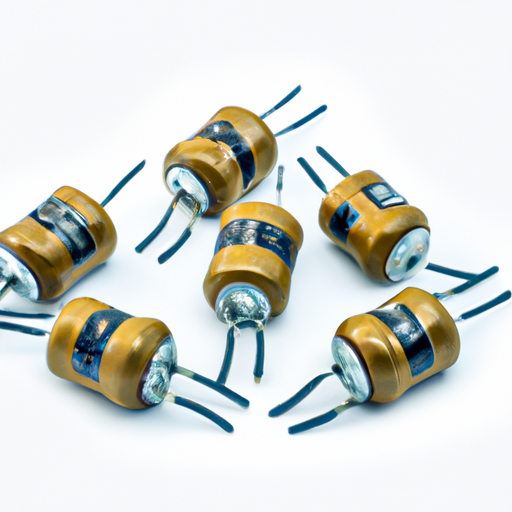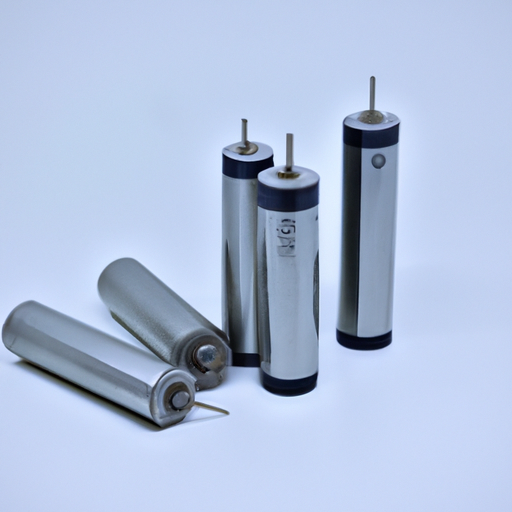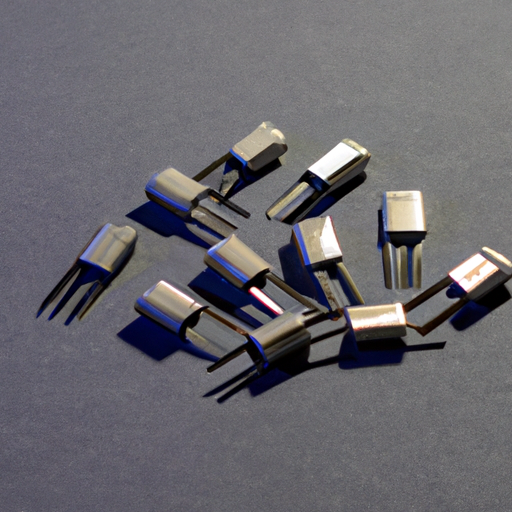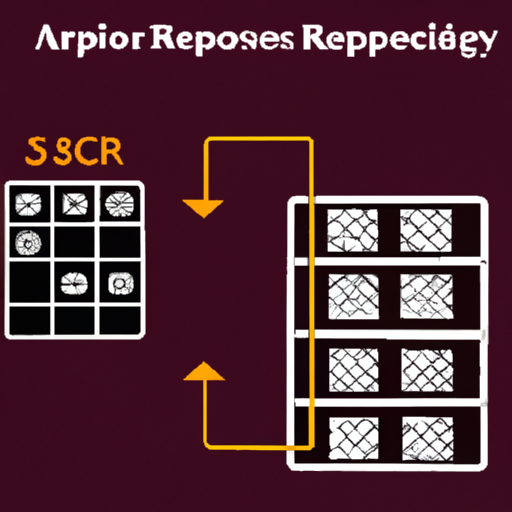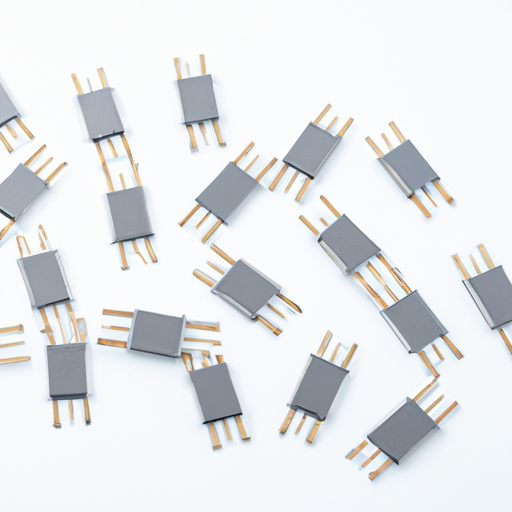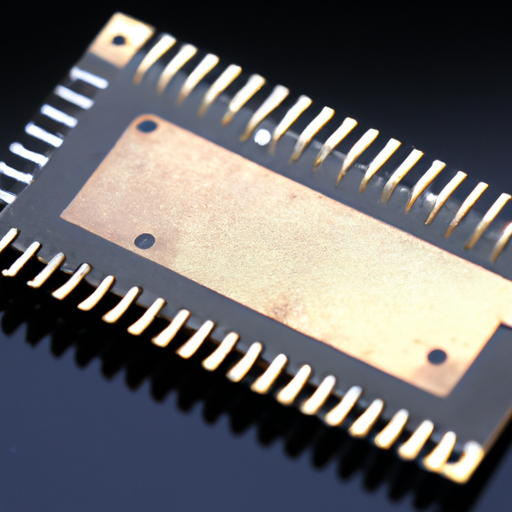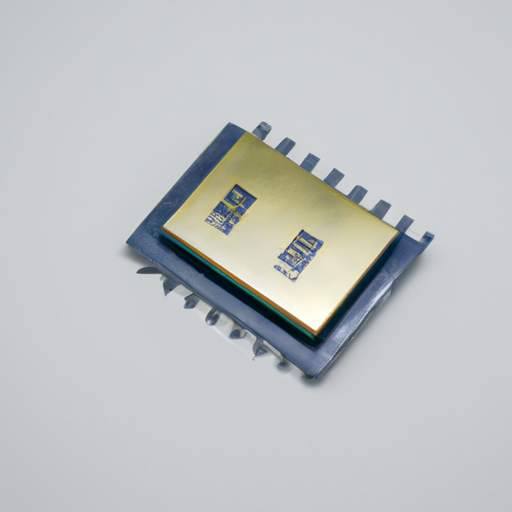What are the Product Features of Pulse Capacitors?
I. Introduction
A. Definition of Pulse Capacitors
Pulse capacitors are specialized capacitors designed to handle high-energy pulses and rapid charge and discharge cycles. Unlike standard capacitors, which are typically used for smoothing and filtering applications, pulse capacitors are engineered to deliver high power in short bursts, making them essential in various high-performance applications.
B. Importance of Pulse Capacitors in Various Applications
The unique characteristics of pulse capacitors make them invaluable in industries such as telecommunications, automotive, medical equipment, and aerospace. Their ability to manage high energy densities and fast charge/discharge rates allows for improved performance in systems that require quick bursts of energy, such as defibrillators, electric vehicles, and radar systems.
C. Overview of the Article Structure
This article will delve into the fundamental principles of pulse capacitors, explore their key features, discuss their applications across different industries, and highlight the advantages and challenges associated with their use.
II. Understanding Pulse Capacitors
A. Basic Principles of Capacitors
1. Definition and Functionality
Capacitors are passive electronic components that store and release electrical energy. They consist of two conductive plates separated by an insulating material (dielectric). When voltage is applied, an electric field forms between the plates, allowing the capacitor to store energy.
2. Types of Capacitors
There are various types of capacitors, including ceramic, electrolytic, tantalum, and film capacitors. Each type has its own characteristics and applications, but pulse capacitors stand out due to their ability to handle high energy and rapid discharge.
B. What Makes Pulse Capacitors Unique
1. Definition of Pulse Capacitors
Pulse capacitors are specifically designed to withstand high-voltage pulses and deliver energy quickly. They are constructed with materials and designs that minimize losses and maximize efficiency during rapid charge and discharge cycles.
2. Comparison with Standard Capacitors
While standard capacitors are suitable for general applications, pulse capacitors are optimized for high-performance scenarios. They typically have lower equivalent series resistance (ESR), higher energy density, and better thermal stability, making them more effective in demanding environments.
III. Key Features of Pulse Capacitors
A. High Energy Density
1. Explanation of Energy Density
Energy density refers to the amount of energy stored per unit volume or mass. Pulse capacitors are designed to have high energy density, allowing them to store significant amounts of energy in a compact form.
2. Applications Benefiting from High Energy Density
High energy density is crucial in applications such as electric vehicles, where space is limited, and high power is required for acceleration. Pulse capacitors can deliver the necessary energy without adding excessive weight or bulk.
B. Fast Charge and Discharge Rates
1. Importance of Charge/Discharge Rates
The ability to charge and discharge rapidly is essential in applications that require quick bursts of energy. Pulse capacitors can achieve charge and discharge rates in microseconds, making them ideal for high-frequency applications.
2. Impact on Performance in High-Pulse Applications
In systems like defibrillators, where timing is critical, the fast charge and discharge capabilities of pulse capacitors ensure that energy is delivered precisely when needed, improving patient outcomes.
C. Voltage Ratings
1. Overview of Voltage Ratings in Pulse Capacitors
Pulse capacitors are available in a range of voltage ratings, allowing them to be used in various applications. The voltage rating indicates the maximum voltage the capacitor can handle without failure.
2. Importance of Voltage Ratings in Different Applications
Choosing the correct voltage rating is crucial for ensuring reliability and safety. In applications like power electronics and motor drives, using a capacitor with an inadequate voltage rating can lead to catastrophic failures.
D. Temperature Stability
1. Operating Temperature Range
Pulse capacitors are designed to operate effectively across a wide temperature range. This stability is essential in applications exposed to varying environmental conditions, such as aerospace and automotive systems.
2. Effects of Temperature on Performance
Temperature fluctuations can affect a capacitor's performance, including its charge capacity and lifespan. Pulse capacitors are engineered to maintain performance even in extreme temperatures, ensuring reliability in critical applications.
E. Low Equivalent Series Resistance (ESR)
1. Definition of ESR
Equivalent series resistance (ESR) is a measure of the resistive losses within a capacitor. Low ESR is desirable in pulse capacitors as it minimizes energy loss during charge and discharge cycles.
2. Importance of Low ESR in Pulse Applications
Low ESR is particularly important in high-frequency applications, where energy losses can significantly impact performance. Pulse capacitors with low ESR can deliver energy more efficiently, enhancing overall system performance.
F. Long Cycle Life
1. Definition of Cycle Life
Cycle life refers to the number of charge and discharge cycles a capacitor can undergo before its performance degrades. Pulse capacitors are designed for long cycle life, making them suitable for applications that require frequent energy bursts.
2. Factors Affecting Cycle Life
Factors such as temperature, voltage, and frequency can influence a capacitor's cycle life. Pulse capacitors are constructed with materials that enhance durability, ensuring they can withstand the rigors of high-pulse applications.
G. Size and Form Factor
1. Compact Design for Space-Constrained Applications
Pulse capacitors are often designed to be compact, allowing them to fit into space-constrained applications without sacrificing performance. This is particularly important in modern electronics, where minimizing size is a priority.
2. Variations in Form Factors
Pulse capacitors come in various form factors, including cylindrical, rectangular, and custom shapes, enabling their integration into diverse systems and designs.
IV. Applications of Pulse Capacitors
A. Industrial Applications
1. Power Electronics
In power electronics, pulse capacitors are used in applications such as inverters and converters, where they help manage energy flow and improve efficiency.
2. Motor Drives
Pulse capacitors play a critical role in motor drives, providing the necessary energy for rapid acceleration and deceleration.
B. Medical Equipment
1. Defibrillators
In medical devices like defibrillators, pulse capacitors deliver high-energy shocks to restore normal heart rhythm, making their performance and reliability vital.
2. Imaging Systems
Pulse capacitors are also used in imaging systems, where they help power the rapid discharge needed for high-quality imaging.
C. Telecommunications
1. Signal Processing
In telecommunications, pulse capacitors are used in signal processing applications, where they help maintain signal integrity and reduce noise.
2. RF Applications
Pulse capacitors are essential in radio frequency (RF) applications, where they manage high-frequency signals and power levels.
D. Automotive Industry
1. Electric Vehicles
In electric vehicles, pulse capacitors provide the necessary power for acceleration and regenerative braking, enhancing overall performance.
2. Advanced Driver-Assistance Systems (ADAS)
Pulse capacitors are used in ADAS to power sensors and systems that require quick bursts of energy for optimal functionality.
E. Military and Aerospace
1. High-Power Systems
In military and aerospace applications, pulse capacitors are used in high-power systems, where reliability and performance are critical.
2. Space Applications
Pulse capacitors are also utilized in space applications, where they must withstand extreme conditions while delivering reliable performance.
V. Advantages of Using Pulse Capacitors
A. Enhanced Performance in High-Pulse Applications
Pulse capacitors are specifically designed to excel in high-pulse applications, providing superior performance compared to standard capacitors.
B. Reliability and Durability
The robust construction of pulse capacitors ensures reliability and durability, making them suitable for demanding environments.
C. Cost-Effectiveness in Long-Term Use
While pulse capacitors may have a higher initial cost, their long cycle life and efficiency can lead to cost savings over time.
D. Versatility Across Different Industries
Pulse capacitors are versatile components that can be used across various industries, making them a valuable addition to many applications.
VI. Challenges and Considerations
A. Selection Criteria for Pulse Capacitors
1. Application-Specific Requirements
When selecting pulse capacitors, it is essential to consider the specific requirements of the application, including voltage, energy density, and temperature stability.
2. Environmental Considerations
Environmental factors, such as temperature and humidity, can impact capacitor performance. Choosing the right capacitor for the environment is crucial for ensuring reliability.
B. Potential Limitations
1. Size Constraints
While pulse capacitors are designed to be compact, some applications may still face size constraints that limit their use.
2. Cost Factors
The initial cost of pulse capacitors can be higher than standard capacitors, which may be a consideration for budget-sensitive projects.
VII. Conclusion
A. Recap of Key Features and Benefits
Pulse capacitors offer unique features such as high energy density, fast charge and discharge rates, and low ESR, making them essential in various high-performance applications.
B. Future Trends in Pulse Capacitor Technology
As technology advances, pulse capacitors are expected to evolve, with improvements in materials and designs that enhance performance and efficiency.
C. Final Thoughts on the Importance of Pulse Capacitors in Modern Applications
In an increasingly demanding technological landscape, pulse capacitors play a critical role in ensuring the reliability and performance of systems across multiple industries. Their unique characteristics make them indispensable in applications that require quick bursts of energy and high reliability.
VIII. References
A. Academic Journals
- Journal of Electrical Engineering
- IEEE Transactions on Power Electronics
B. Industry Reports
- Capacitor Market Analysis Report
- Trends in Energy Storage Solutions
C. Manufacturer Specifications and Guidelines
- Manufacturer A: Pulse Capacitor Specifications
- Manufacturer B: Application Guidelines for Pulse Capacitors
---
This blog post provides a comprehensive overview of pulse capacitors, detailing their features, applications, advantages, and challenges. By understanding these components, readers can appreciate their significance in modern technology and their role in various industries.

